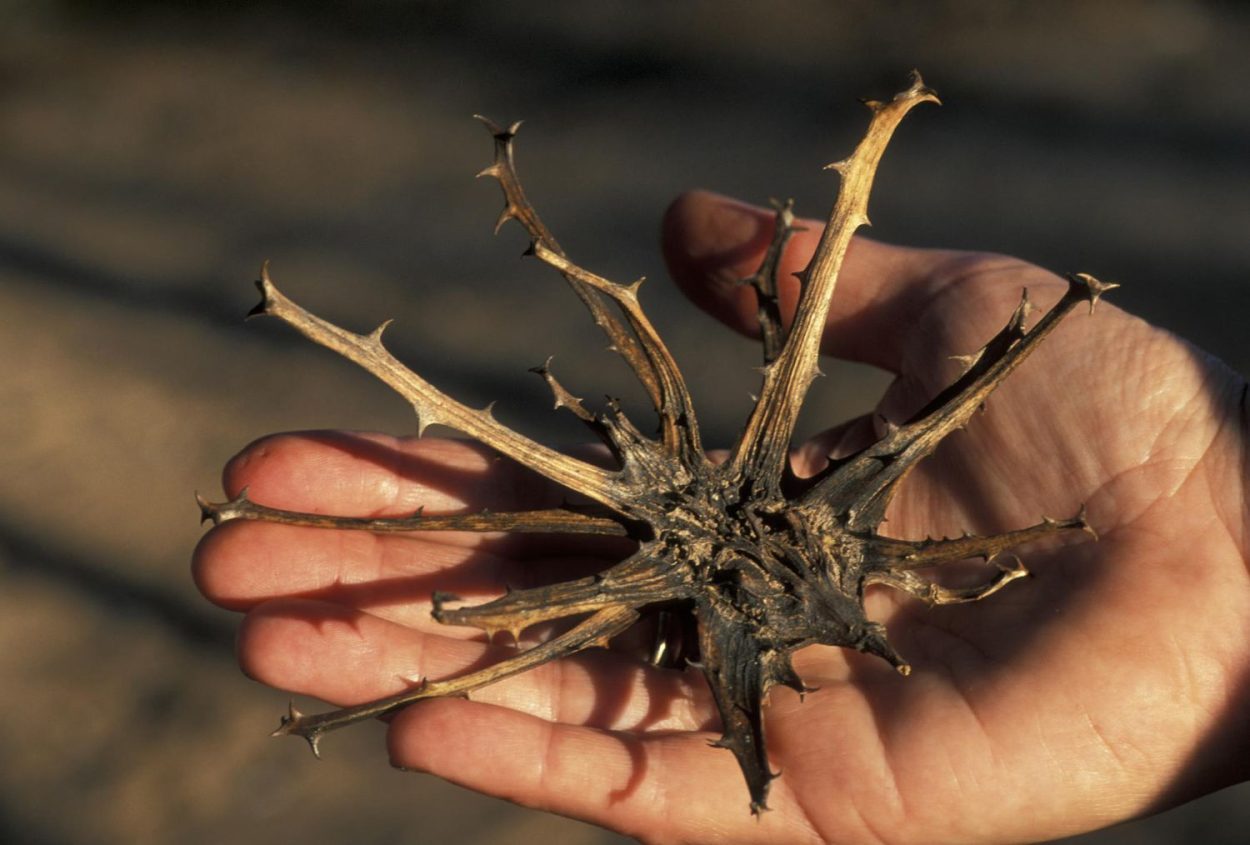Why is Devil’s Claw banned?
The Controversy Surrounding Devil’s Claw: Why Has it Been Banned?
Unraveling the Mystery: Why Devil’s Claw Faces a Ban and What You Need to Know
Introduction:
Devil’s Claw, a medicinal herb native to Southern Africa, has gained popularity in recent years for its potential health benefits. However, despite it’s claimed therapeutic properties. Devil’s Claw has faced restrictions and bans in some countries. In this article, we explore the reasons behind the controversy and the factors that have led to the prohibition of Devil’s Claw in certain regions.
Devil’s Claw
Understanding Devil’s Claw:
Devil’s Claw, scientifically known as Harpagophytum procumbens, is a perennial plant traditionally used in African folk medicine for various ailments. Its primary active compound, harpagoside, is believed to possess anti-inflammatory and analgesic properties. It’s a sought-after natural remedy for conditions such as arthritis, joint pain, and digestive disorders.
Regulatory Concerns:
The ban on Devil’s Claw stems from regulatory concerns raised by health authorities in different countries. Some of the main factors contributing to the restrictions include:
Lack of Standardization: Devil’s Claw products available in the market often vary in quality, potency, and composition. This lack of standardization raises concerns about the reliability and safety of these products, leading to regulatory hesitations.
Adverse Effects: Devil’s Claw is generally considered safe when used appropriately. There have been reported cases of adverse effects. These include digestive disturbances, allergic reactions, and interactions with certain medications. Such incidents have prompted authorities to exercise caution and impose restrictions on its sale and consumption.
Insufficient Scientific Evidence: Although Devil’s Claw has a long history of traditional use. The scientific evidence supporting its efficacy is limited. Many of the health claims associated with Devil’s Claw lack rigorous clinical studies and scientific validation. The lack of substantial evidence makes it challenging for regulatory bodies to ascertain its safety and efficacy.
Legal Restrictions: Devil’s Claw contains harpagoside. A compound that is subject to regulation in some countries. Legal frameworks governing herbal supplements vary, and certain jurisdictions have strict rules on the use of specific active ingredients. Especially when their safety profiles remain uncertain.
The Enigma of Devil’s Claw Unveiled
Have you ever wondered why Devil’s Claw, a traditional herbal remedy, has faced a ban in certain regions? In this article, we delve into the intriguing reasons behind the prohibition and shed light on the potential concerns surrounding this botanical marvel.
The Dark Side of Devil’s Claw
Devil’s Claw, scientifically known as Harpagophytum procumbens, has long been celebrated for its anti-inflammatory properties and analgesic effects. However, recent regulatory actions have raised questions about its safety. Authorities cite potential side effects and interactions that have prompted them to restrict the use of Devil’s Claw.
Safety Concerns and Regulatory Measures
The ban on Devil’s Claw revolves around safety concerns, with reports suggesting adverse reactions in some individuals. Authorities argue that certain compounds within Devil’s Claw may interact with medications, posing a risk to those on specific drug regimens. To ensure public safety, regulatory bodies have taken a precautionary approach, leading to the ban in certain jurisdictions.
Navigating the Landscape of Herbal Alternatives
As Devil’s Claw faces restrictions, consumers are encouraged to explore alternative herbal remedies with similar benefits but without the associated risks. This shift has given rise to a renewed interest in herbal alternatives that offer comparable anti-inflammatory and pain-relieving properties.
The Future of Devil’s Claw and Herbal Remedies
While Devil’s Claw navigates a challenging regulatory landscape, ongoing research aims to uncover its true potential and address safety concerns. The ban serves as a catalyst for the herbal industry to prioritize transparency, quality control, and consumer education.
Conclusion:
The banning of Devil’s Claw in certain countries is driven by a combination of regulatory concerns, insufficient scientific evidence, and potential adverse effects. While Devil’s Claw may offer health benefits, the lack of standardization, limited research, and legal restrictions have resulted in restrictions on its use. As with any herbal supplement, it is crucial to gather reliable information, consult professionals, and prioritize safety.
- Devil’s Claw benefits and risks.
- Why is Devil’s Claw banned in some countries?
- Is Devil’s Claw safe to use?
- Devil’s Claw and blood pressure.
- Devil’s Claw and Interactions with Medications.
- Devil’s Claw Controversy and Regulation.
- Devil’s Claw ban reasons.
- Harpagophytum procumbens safety concerns.
- Herbal remedies with anti-inflammatory properties.
- Alternative herbal options for pain relief.
- Regulatory measures for botanical supplements.
- Devil’s Claw interactions with medications.
- Herbal industry transparency and quality control.
- Devil’s Claw banned regions.
- Safety of traditional herbal remedies.
- Consumer education on herbal supplements.
[Sassy_Social_Share]




